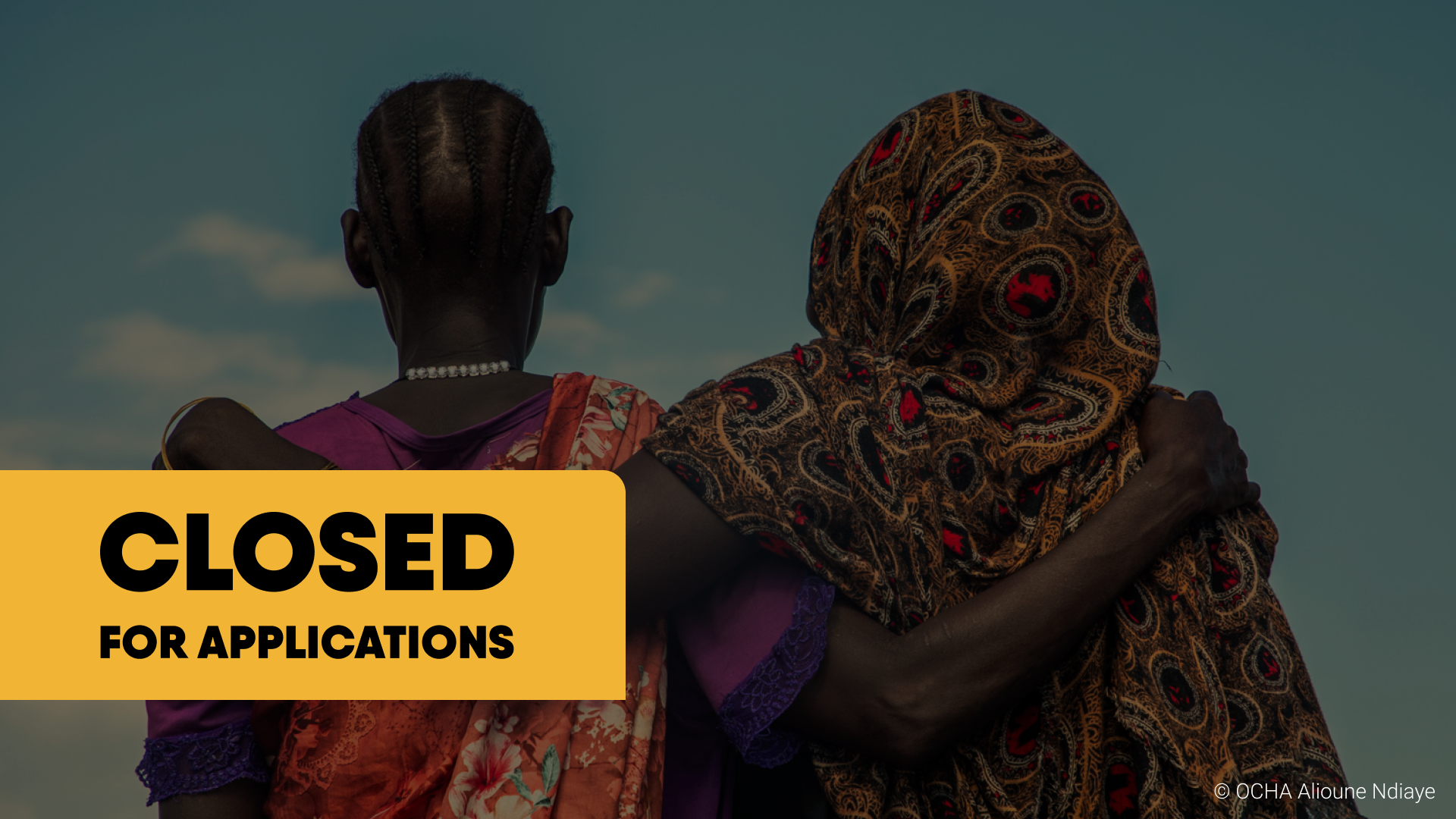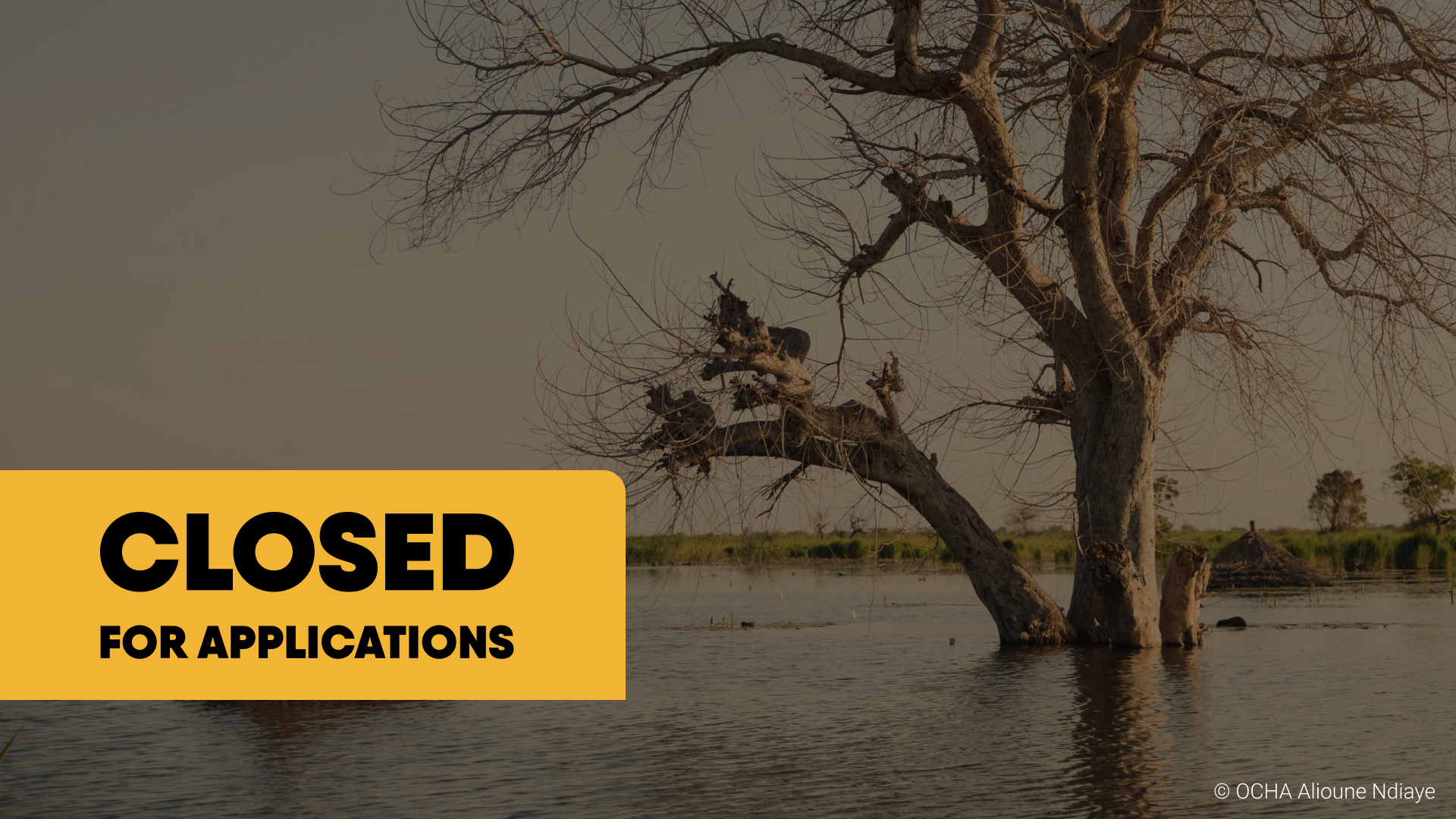
CLOSED
OPEN CALL FOR DATA SETS
OVERVIEW
CRAF’d finances, connects and reimagines the data that saves lives. The international community allocates over $30 billion annually for crisis action in fragile and crisis-affected settings. In the face of escalating challenges, data-driven approaches are vital for improving crisis response.
This CRAF’d Open Call for Proposals aims to address the scarcity of risk data in these settings, equipping crisis actors with actionable insights. The goal is to generate vital risk data sets, particularly relating to major risk events and their impact on affected communities. With its investments, CRAF'd enables international partners to anticipate, prevent and respond to crises more effectively, safeguarding the lives and livelihoods of vulnerable individuals.
More information on the Open Call for Proposals is available in the Guidance Document. The Concept Note Template provides an overview of the questions you need to answer for your application.
WE ARE SEEKING
PRIMARY DATA SETS
Population & demographics
Conflict & violence
Weather & climate
Public health & diseases
Food & nutrition
Geography & infrastructure
Gender, incl. Women, Peace, and Security
COMPOSITE DATA SETS
Data sets that provide comprehensive and reliable multi-hazard information. These data sets can combine data from various sectors, geographic locations, and sources to create a nuanced composite view on complex risks events and/or affected populations.
TIMELINE
05 JULY 2023
Launch of Open Call for Proposals
06 AUGUST 2023 (12AM EDT)
Deadline for submission of concept notes
OCTOBER 2023
Communication of first stage results
DECEMBER 2023
Submission of project proposals
JANUARY 2024
Project approval by the Steering Committee
FEBRUARY 2024
Disbursement of funding





